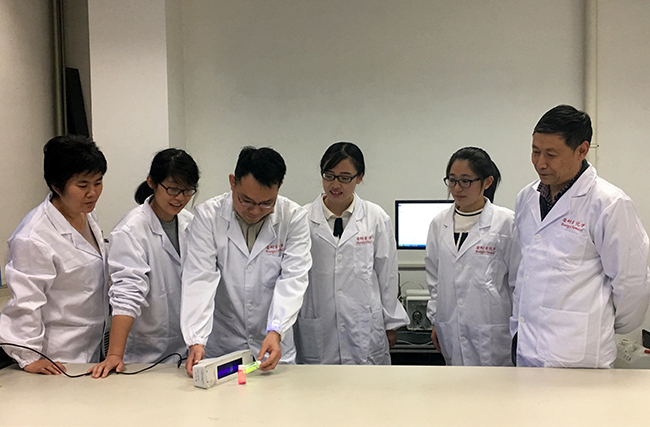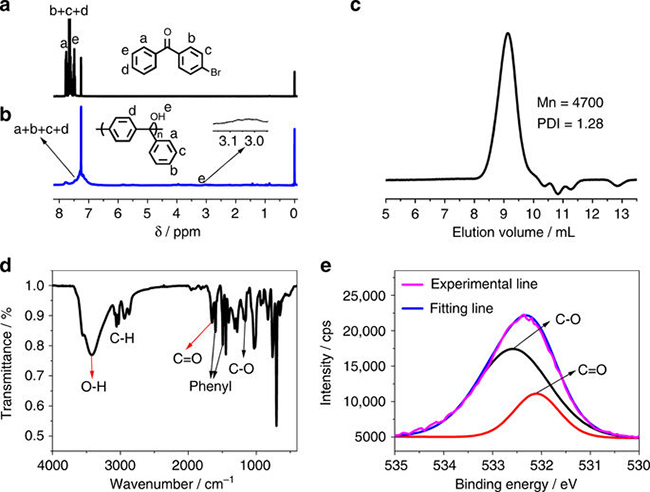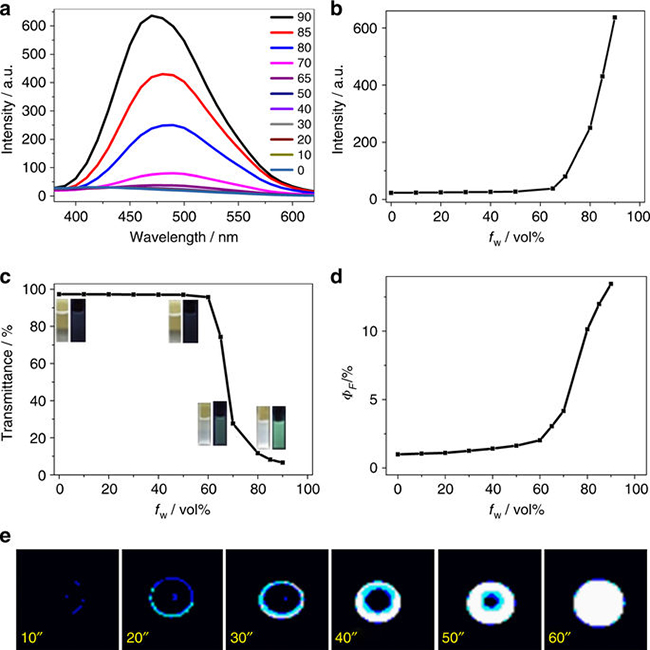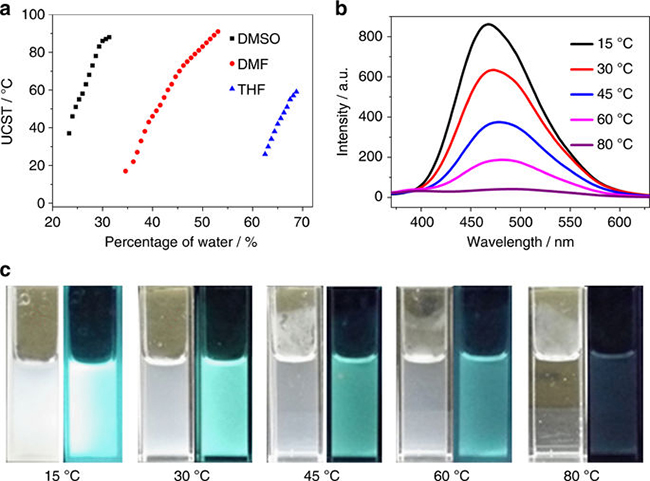Recently, China University of Petroleum’s lecturers Dr. Wen-Ming Wan, Dr. Xiao-Li Sun and coworkers developed a new polymerization technology by introducing the barbier reaction into polymer chemistry, which has been published in Nature Communications on 31st October 2017. The researchers have achieved a new milestone in the development of a new polymerization technology that expands the libraries of monomer and polymer and opens up an avenue for the design and application of functional polymer materials.

The Barbier reaction, an organic reaction for carbon-carbon bond formation through metal-mediated addition of an organic halide to a carbonyl compound as an electrophilic substrate, has been widely used in organic chemistry since 1899. In comparison with the analogous Grignard reaction, the Barbier reaction benefits from tolerance to functional groups and moisture, widely applicable metals and one-pot preparation. Even though the Barbier reaction has played an important role in the field of organic chemistry for more than a century, its utilization in polymer synthesis has to our knowledge not yet been explored.

Recently, Wan group reported the successful introduction of the Barbier reaction to polymer chemistry for the first time. Through the Barbier polyaddition (both A2+B2 type and AB type) of monomers containing both an organic halide and a benzoyl group, a series of phenylmethanol polymers have been successfully prepared, which show potential to be a new type of “smart” polymer in the field of dual thermo-responsive materials (both luminescence and turbidity), aggregation induced emission, explosive detection, fluorescent dye doping.

Considering the versatility of the Barbier reaction in modern organic chemistry, its introduction into polymer science therefore expands the libraries of both monomer and polymer, and opens a new avenue in the design and application of functional polymer materials.

Dr. Wen-Ming Wan also developed the polymerization induced self-assembly (PISA) technology in 2009, which has become a powerful tool nowadays with easy preparation of a variety of highly concentrated morphologies (up to 50%), including spherical micelles, nanowires, vesicles, large compound vesicles. As PISA becomes a hot research area, it has been listed as a keyword for funding application of National Natural Science Foundation of China in 2017. On the occasion of 50th anniversary of Macromolecules of ACS publications, professor Robert H. Grubbs (Nobel Laureate in Chemistry in 2005) gives special comments on PISA for its importance and lists PISA as one of six prospective research areas of living/controlled polymerization in future (Macromolecules 2017, 50, 6979−699).
Dr. Wen-Ming Wan focuses on the research of polymer synthetic methodology and the regulation of chemical structure, morphology and functionality of polymer materials. He has published 26 publications on top journals like Nature Communications, Angewandte Chemie International Edition, ACS Macro Letters, Macromolecules, Chemical Communications, Polymer Chemistry, Macromolecular Rapid Communications, etc., of which 22 he was listed as first/corresponding author. His publications have been widely cited about 900 times, of which 3 have been cited over 100 times. He is now an invited reviewer for journals like Advanced Functional Materials, Chemical Communications, Polymer Chemistry, etc..
Nature Communications is an open access journal that publishes high-quality research in biology, physics, chemistry, earth sciences, and all related areas. Papers published by the journal represent important advances of significance to specialists within each field. Its impact factor is 12.124.
See more information about the research: http://www.nature.com/articles/s41467-017-01472-w
Source: UPC News Center
Updatetime: 2017-11-06